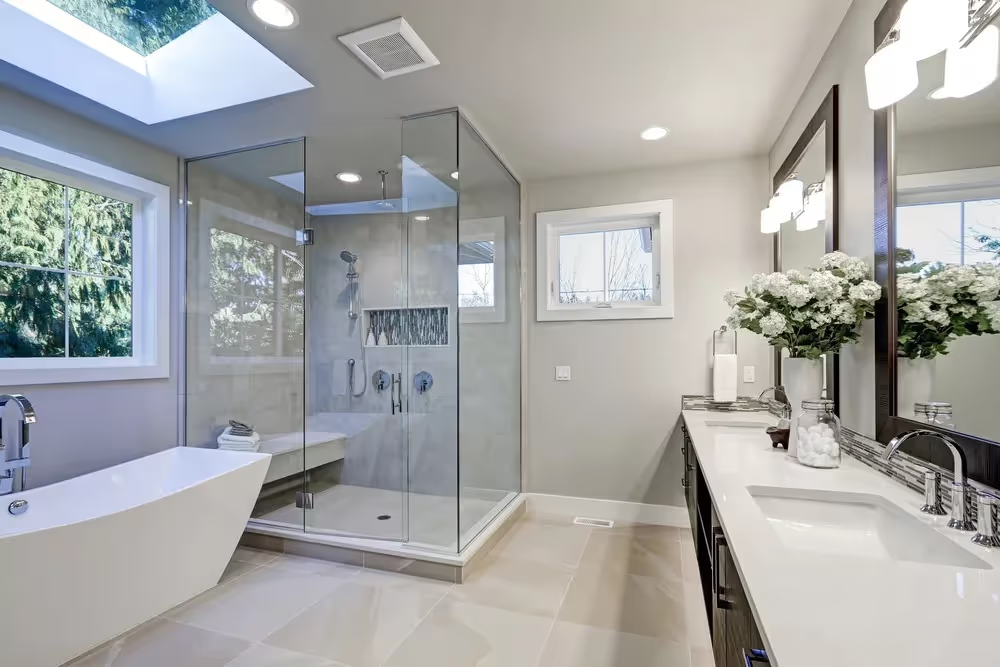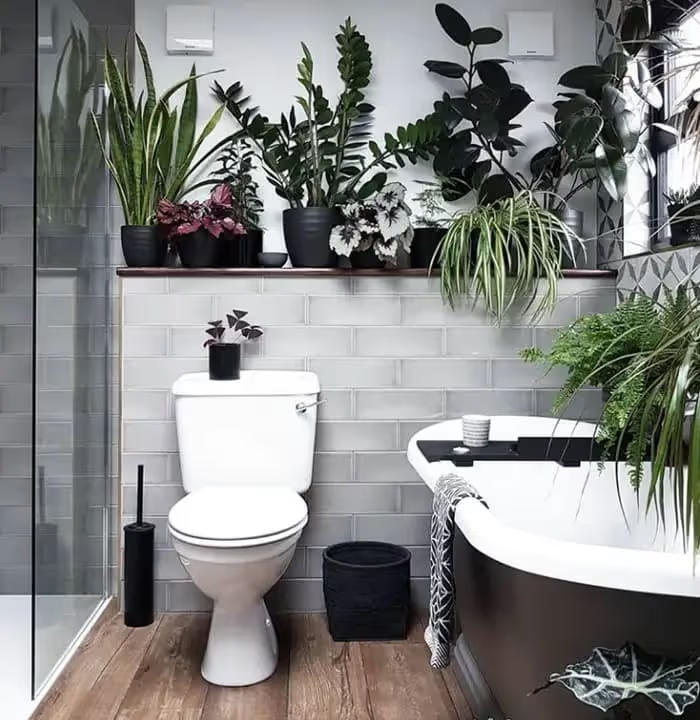South Jersey's Preferred Plumbing company in
Gas Line Plumbing

Gas Line Plumbing Installation Made Easy
Gas line plumbing installation can be a daunting task for homeowners who are unfamiliar with the process. However, it is important to understand the basics of gas line plumbing in order to ensure that your home is safe and secure. In this blog post, we will cover everything you need to know about gas line plumbing installation. From understanding the importance of professional installation to the types of pipes used in gas line plumbing, we will provide you with all the information you need to make an informed decision. Additionally, we will discuss common challenges during installation and tips on how to overcome them. Lastly, we will discuss what appliances can be powered by natural gas and how often you should inspect your gas line. If you live in Cape May County and are looking for professionals who can help with gas line plumbing installation, we have got you covered too!
Understanding Gas Line Plumbing
Knowing the fundamentals of gas line plumbing is crucial for safe and efficient usage. Gas line plumbing encompasses the installation and maintenance of pipelines that transport natural gas to various appliances. Understanding gas line plumbing ensures compliance with safety regulations, preventing potential hazards. Professional knowledge of gas line plumbing aids in troubleshooting issues and ensuring proper functionality. Familiarizing yourself with gas line plumbing allows for informed decisions regarding your home's infrastructure.
Importance of Professional Gas Line Plumbing
Professional gas line plumbing is crucial for ensuring safety and optimal performance. By hiring a licensed plumber, you can guarantee expertise and adherence to safety standards. They will install your gas line properly, minimizing leaks and other issues. Additionally, trained plumbers can identify and address potential problems before they become major concerns, protecting your investment in home appliances and providing peace of mind.
How does Gas Line Plumbing Work?
Gas line plumbing works by installing, connecting, and maintaining gas supply lines. It ensures a safe and efficient flow of natural gas to appliances. Expertise in pipe sizing, pressure regulation, and leak detection is crucial. Professional plumbers follow established protocols and regulations for a reliable gas line system.
Basics of Gas Line Plumbing Systems
Gas line plumbing systems are composed of pipes, valves, and connectors that facilitate the flow of natural gas. Proper pipe sizing is essential to ensure adequate gas supply to various appliances, including the heating unit. Shut-off valves are installed to control and isolate the gas flow in different sections of the system. Regular maintenance is required for these systems to prevent leaks and ensure optimal performance. Understanding the basics helps homeowners troubleshoot minor issues.
Cost Associated with Gas Line Plumbing Installation
When it comes to gas line plumbing installation, the total cost can vary depending on factors like project complexity and pipe type. Professional installation may require permits and inspections, adding to the overall cost. Hiring a licensed plumber ensures compliance with local codes. The cost includes materials, labor, and any additional services. Investing in professional installation, rather than attempting a DIY gas project, pays off in long-term safety and efficiency.
Factors Influencing the Cost of Installation
Factors that impact the cost of gas line plumbing installation include the length and complexity of the project, access to the existing gas supply line, and the need for additional connections. The type of pipe used, local building codes, and regulations, as well as additional services like gas meter installation or pressure testing, can also affect the overall installation cost. Collaborating with a professional ensures a smooth and efficient installation process.
Types of Pipes Used in Gas Line Plumbing
Flexible corrugated stainless steel tubing, galvanized steel pipes, and black iron pipes are commonly used in gas line plumbing. Each type of pipe has its own advantages and considerations. Flexible corrugated stainless steel tubing is preferred for its flexibility and durability. Galvanized steel pipes are known for their strength and resistance to corrosion. Black iron pipes are durable and have a high-pressure rating, making them suitable for commercial and industrial settings. Consulting with a professional plumber can help determine the best type of pipe for your gas line plumbing needs.
Flexible Corrugated Stainless Steel Tubing
Flexible corrugated stainless steel tubing is highly versatile and offers ease of installation for gas line plumbing. With its resistance to corrosion and ability to withstand high-pressure gas flow, it ensures durability and safety. This cost-effective option can adapt to tight spaces and bends, making it ideal for installations in various settings. Professional installation guarantees optimal performance and longevity, requiring minimal maintenance.
Galvanized Steel
Galvanized steel pipes, known for their strength, are widely used in gas line plumbing. These durable pipes, made from galvanized steel, provide long-lasting performance and are resistant to corrosion, making them ideal for outdoor and high-moisture environments. Professional installation ensures secure connections and proper sealing of gas pipes. Regular maintenance and inspection help prevent issues and extend the lifespan of galvanized steel pipes.
Black Iron
Black iron pipes, known for their durability and high-pressure rating, are commonly used in gas line plumbing exteriors. Ideal for commercial and industrial applications, professional installation ensures secure connections and proper sealing. Regular maintenance and inspection prevent corrosion and optimize performance. Consulting a professional plumber helps determine suitability for your specific needs.
PVC
PVC, a popular choice for gas line installations, offers durability and resistance to corrosion. It's a cost-effective option that is lightweight and easy to handle. PVC gas lines, along with other materials like galvanized steel, black iron, and PEX (cross-linked polyethylene), are widely approved by municipalities, making them a reliable choice. With its benefits, PVC is a sought-after material for gas line plumbing projects.
HDPE
HDPE pipes are another popular choice for gas line plumbing. They have a high resistance to chemicals and corrosion, making sealing gas connections to prevent leaks and ensure safety. Compliance with local building codes and regulations is crucial, as is coordinating with other trades during the installation process. Lastly, addressing potential obstacles and limitations can help ensure a smooth and successful installation.
Copper
Copper pipes, a reliable option for gas line installations, offer excellent gas flow and pressure. They are resistant to heat and fire, ensuring utmost safety. With a long lifespan and durability, copper gas lines are a popular choice for indoor gas installations. Their reliability and efficiency make them a preferred choice for many homeowners.
Common Challenges in Gas Line Plumbing Installation
Installing gas lines can come with its fair share of challenges. One common challenge is ensuring the proper sizing and positioning of gas lines to optimize performance. Another challenge is properly securing the connections and sealing them to prevent leaks. Gas line plumbing also requires careful planning and adherence to local building codes and regulations. Additionally, potential obstacles such as existing pipes or structures may need to be taken into consideration during the installation process. It is crucial to hire a professional plumber with expertise in gas line plumbing to ensure a safe and efficient installation.
Importance of Maintenance and Inspection
Regular maintenance and inspection of gas lines are essential for preventing corrosion and optimizing performance. Over time, gas lines can develop wear and tear, leading to potential leaks or decreased efficiency. By conducting routine maintenance and inspections, any issues can be identified early on and prevent leaks. This requires careful attention to detail and following proper installation procedures. Additionally, dealing with potential corrosion issues can be a challenge, requiring regular maintenance and inspection. Consulting a professional plumber is crucial to overcoming these challenges and ensuring a successful gas line plumbing installation. One of the key factors to consider in gas line plumbing projects is the choice of material for the pipes. There are various options available, each with its own advantages and considerations.
Tips to Overcome Potential Problems
To ensure a successful gas line plumbing installation, it's essential to consult with a licensed plumber experienced in gas line installations. Thorough inspections and tests for gas leaks should be performed before and after installation. Using proper tools and techniques for pipe cutting and joining is crucial. It's also important to follow manufacturer guidelines for appliance installation and stay updated on local codes and regulations. Collaborating with professionals will help overcome potential challenges and ensure a smooth installation process for your new line.
What Appliances Can Be Powered by Natural Gas Line?
Gas Line Plumbing allows you to power various appliances with natural gas. Enjoy efficient heating and cooking with gas-powered water heaters, stoves, and ovens. Enhance your outdoor living space with a gas-powered fireplace, grill, or pool heater. Opt for a natural gas dryer for faster and more energy-efficient laundry drying.
Gas Water Heater, Stove & Oven
When it comes to gas line installations for water heaters, stoves, and ovens, hiring a licensed and experienced plumber is essential. They should perform a thorough inspection of your existing plumbing system before installation to ensure compatibility. Proper sizing of the common gas line is crucial for adequate gas flow. Using high-quality materials and following local building codes and safety regulations are important. Regular maintenance and inspections ensure long-term safety and efficiency.
Fireplace, Outdoor Grill, Pool Heater, and Gas Dryers
When installing gas lines for appliances like fireplaces, outdoor grills, pool heaters, and gas dryers, it is crucial to hire a licensed and experienced plumber. Before starting the project, make sure to understand the requirements and regulations for gas line installation in your area. Consider the location of the appliances and determine the length of the gas line needed. Use high-quality materials and fittings for the line install, and have the gas line inspected by a professional before use to ensure safety.
Preparing for Gas Line Plumbing Installation in Cape May County
When preparing for gas line plumbing installation in Cape May County, it is crucial to hire a licensed and experienced plumber who can handle the installation process. Before beginning any work, make sure to obtain the necessary permits from the local government. Conducting a site survey is also important to determine the best location for the gas line and ensure compliance with safety codes and regulations. Additionally, choose the appropriate type and size of pipe for your needs, install shut-off valves and pressure regulators for added safety, and test the gas line for leaks and proper functioning before use.
Finding the Right Professionals in Cape May, Wildwood Crest, Wildwood, North Wildwood, Avalon, Stone Harbor, Ocean City, North Cape May, Sea Isle
When it comes to gas line plumbing in Cape May, Wildwood Crest, Wildwood, North Wildwood, Avalon, Stone Harbor, Ocean City, North Cape May, and Sea Isle, finding the right professionals is crucial. Working with licensed and experienced plumbers ensures that the installation is done correctly and meets all safety regulations. It's important to hire professionals who have expertise in gas piping, drain cleaning, and pilot lights. Additionally, they should be familiar with the specific requirements for gas line installation in your area. By choosing the right professionals, you can have peace of mind knowing that your gas line plumbing installation is in capable hands.
How often should I inspect my Gas Line?
Regular inspections of your gas line are crucial for ensuring safety. To maintain the integrity of your gas line, it is recommended to have it inspected annually by a licensed plumber. These periodic inspections help identify and prevent potential gas leaks or issues, avoiding costly repairs or accidents. Stay proactive and prioritize the maintenance of your gas line to keep your home safe and secure.
Conclusion
In conclusion, a professional gas line plumbing installation is crucial for the safety and efficiency of your home. It is important to understand how gas line plumbing works and the types of pipes that can be used. While the cost of installation may vary depending on various factors, it is worth investing in professional services to ensure the job is done correctly. There are common challenges that may arise during installation, but with the right tips and strategies, these can be overcome. Gas line plumbing can power a variety of appliances such as water heaters, stoves, and dryers, providing convenience and comfort in your home. If you are in Cape May County, finding the right professionals is essential for a successful installation. Lastly, regular inspections of your gas line are recommended to ensure its continued safety and functionality.
Satisfied Customers Share Their Experiences
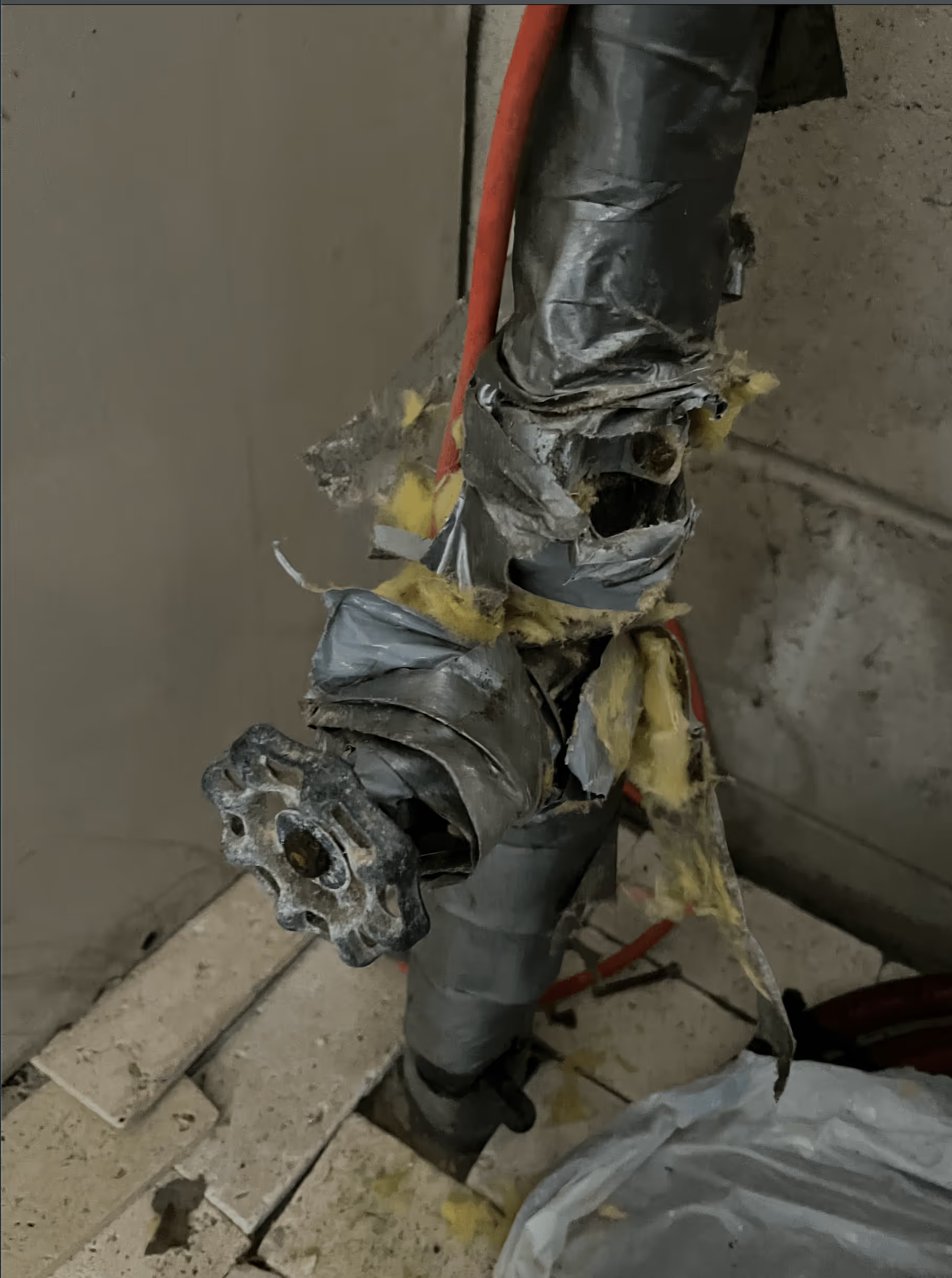
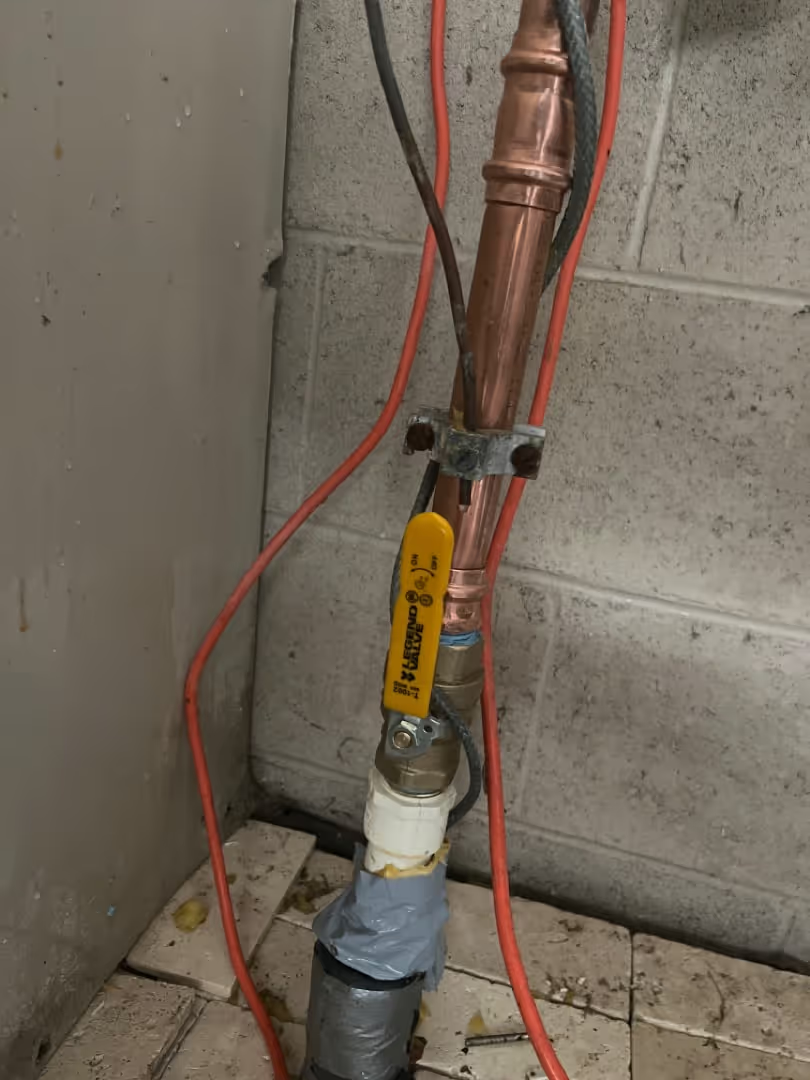
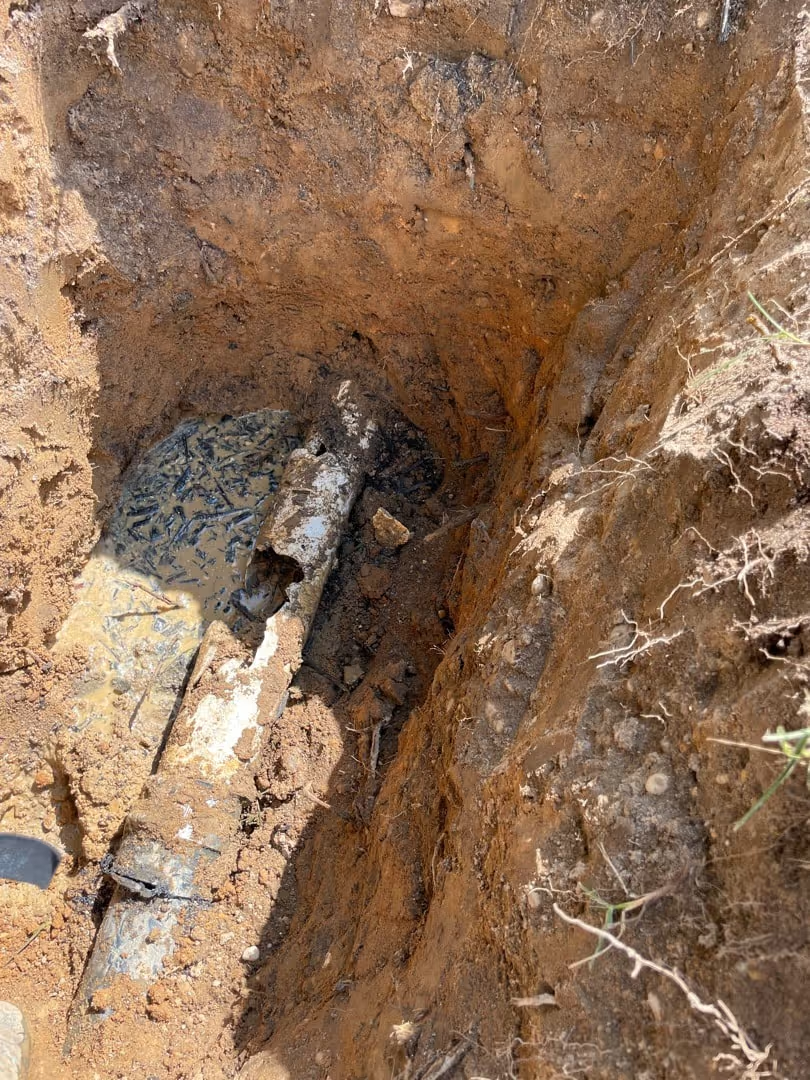
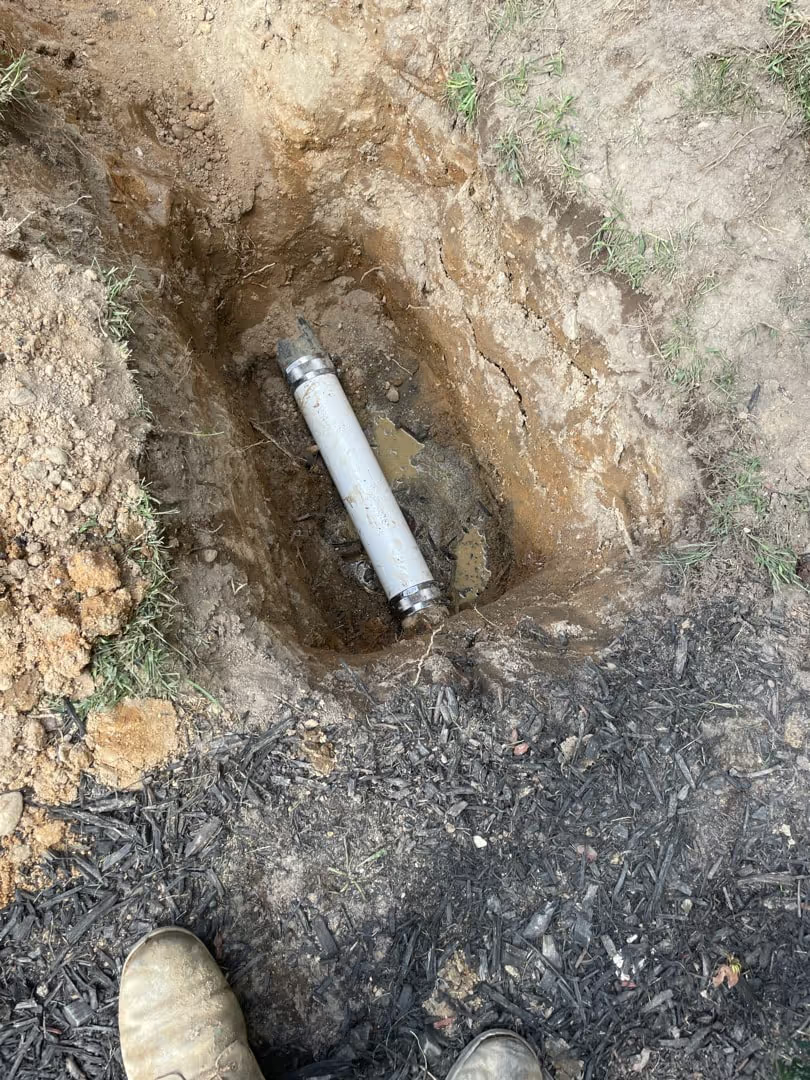
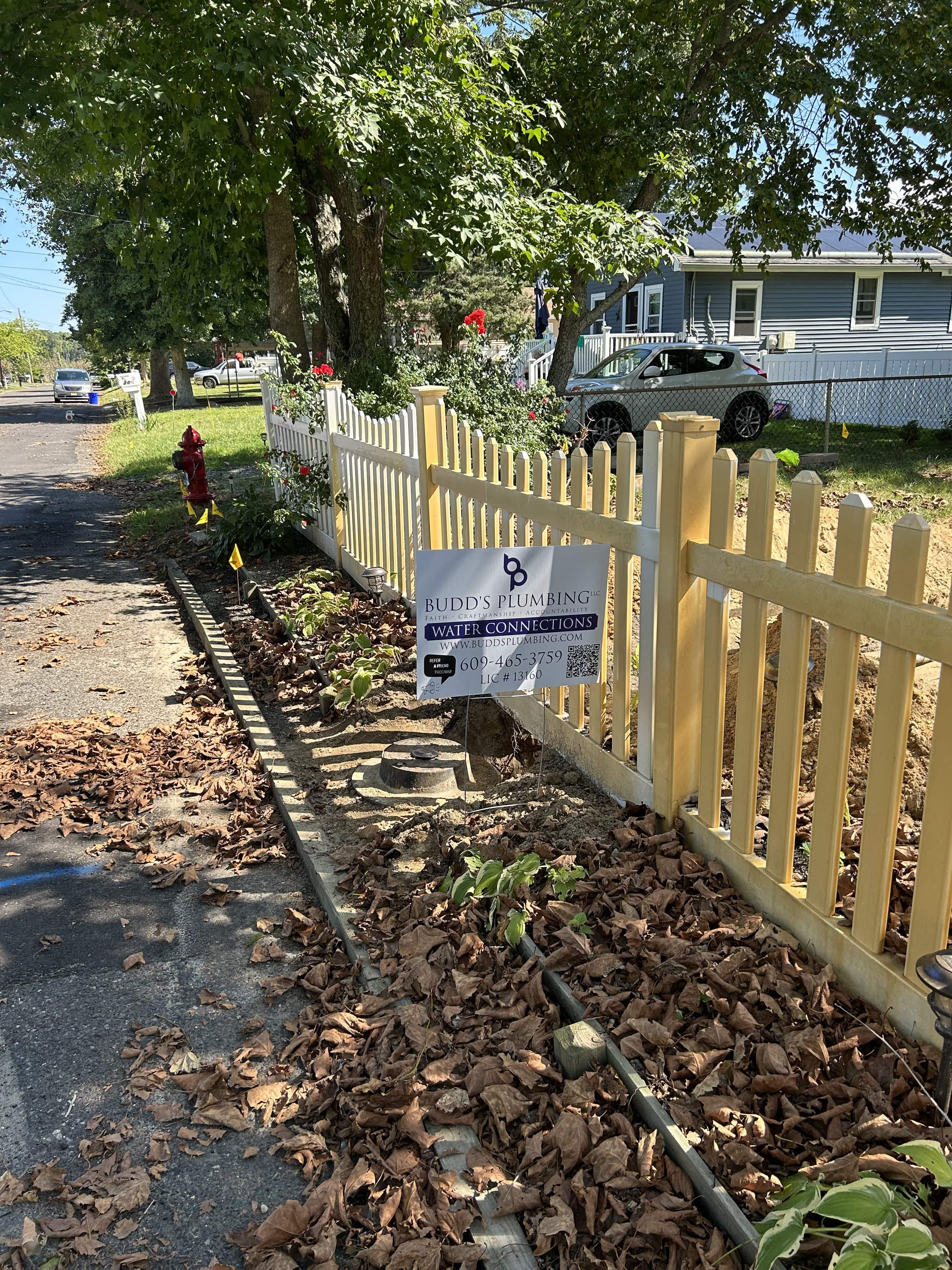
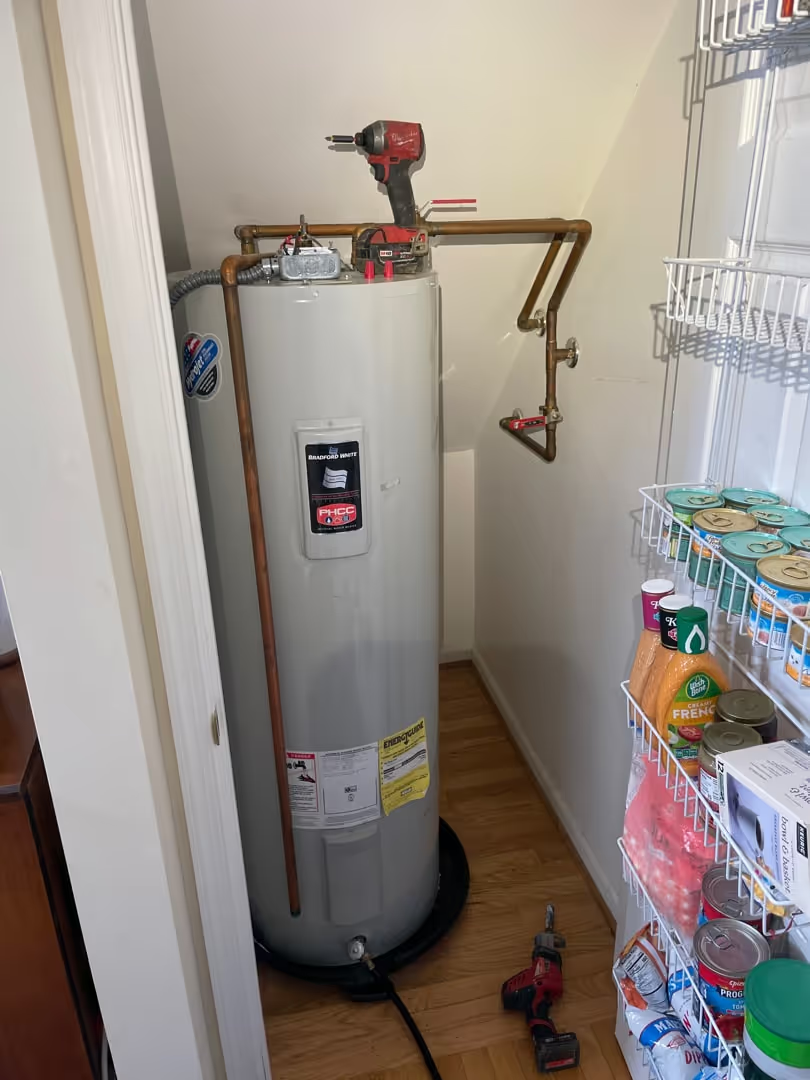
.avif)

.jpg)

.avif)
